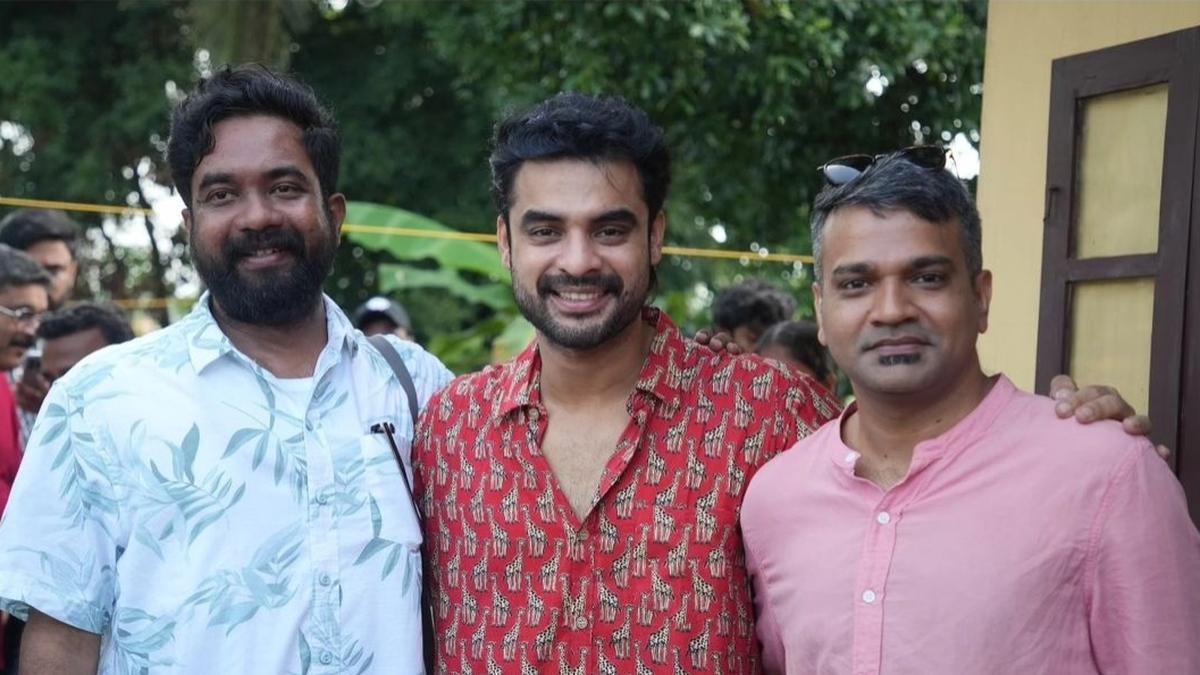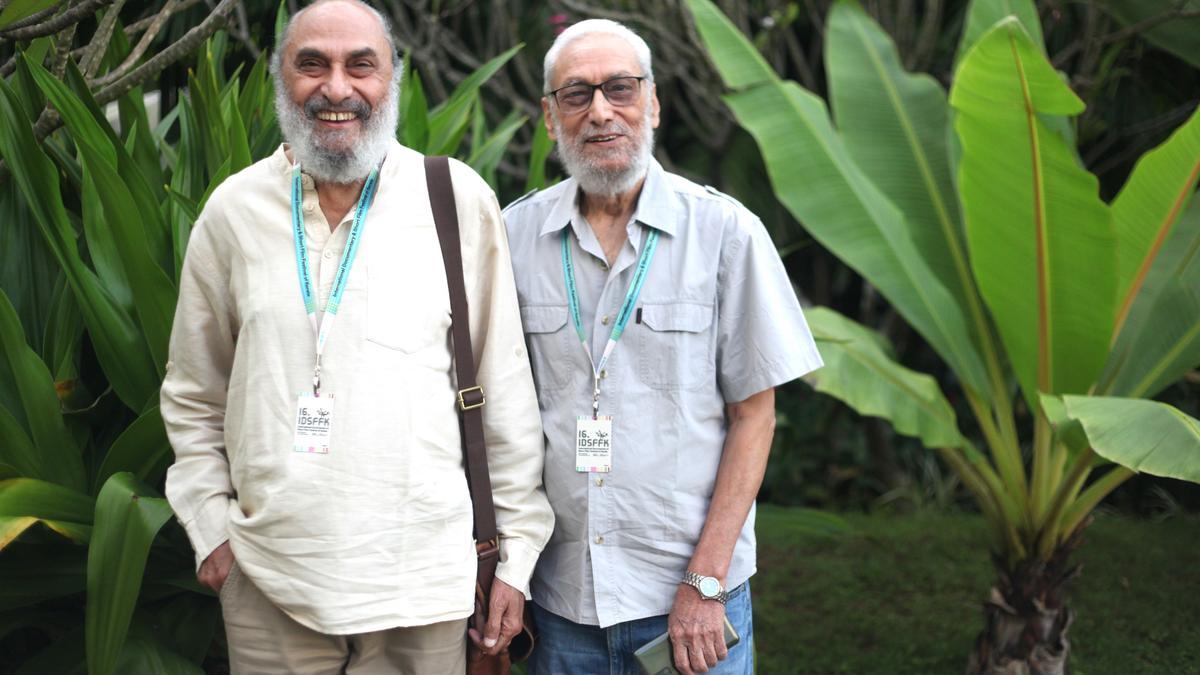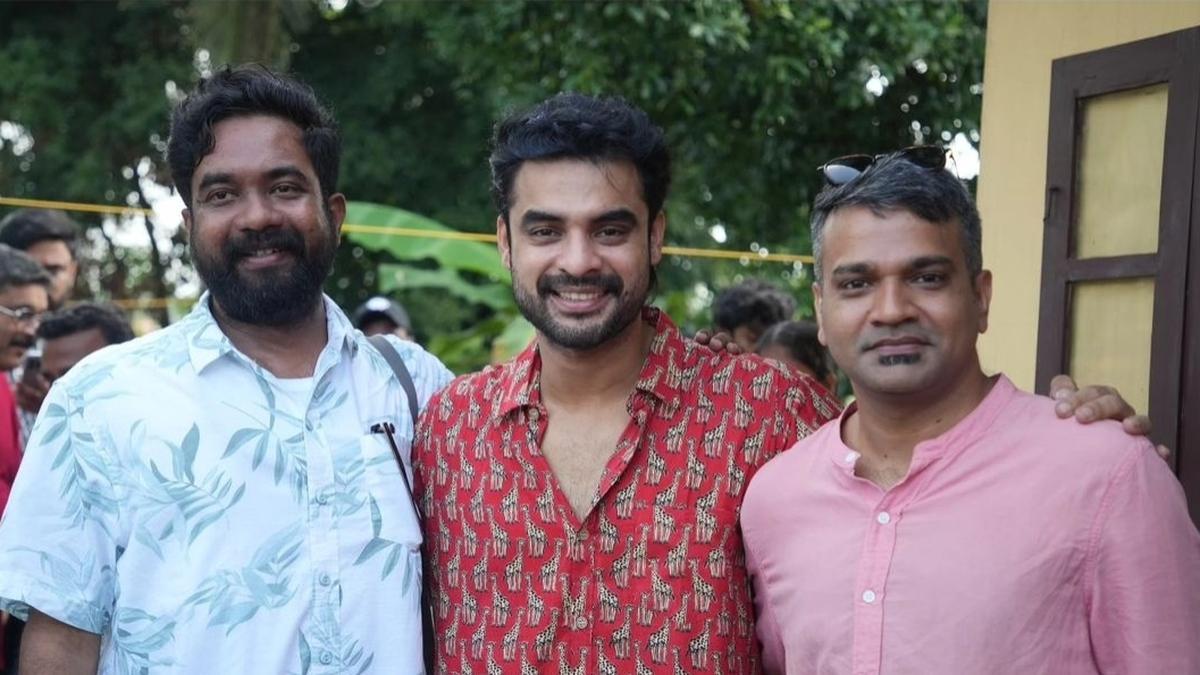
In a fluctuating film market, renowned actor Manoj Bajpayee is undeterred as he ventures into his role as a producer with his maiden project, Bhaiyya Ji. Despite the challenging terrain, Bajpayee remains optimistic, believing strongly that heartland stories resonate more with audiences than their urban counterparts.
At a point during our detailed interview, Bajpayee suddenly paused, recalling a call he had intended to make two hours earlier—a testament to his packed schedule as a first-time producer. Known for his compelling acting, he is now wearing the producer’s hat, describing the experience as “a hell of a job.” He elaborates, “As an actor, when the shoot wraps, my job is done. But in production, the work begins early and continues well past the film’s release. I’m taking baby steps, trying to get a hang of it,” he says, radiating enthusiasm about this new chapter in his extensive three-decade career.
Bajpayee’s vision as a producer extends beyond his participation on screen. He aims to produce a diverse range of stories, some that may not even include him. “The purpose is to unearth fresh voices, new directors, and unseen talent. I want to give people a platform to share their stories. I don’t want to be confined to one genre; whether it’s middle-of-the-road, mainstream, or indie cinema, I aspire to create a home for every narrative. It’s crucial for storytellers to have the freedom to express their tales authentically and be treated with respect,” he emphasizes.
For his first venture as a producer, Bajpayee collaborates once again with Apoorv Singh Karki, the director of Sirf Ek Bandaa Kaafi Hai (2023). Together, they bring Bhaiyya Ji—a masala action film set against the backdrop of Bihar. Despite the current market volatility, with many films underperforming at the box office, Bajpayee remains unshaken. “Call it naiveté or faith, but I don’t find selling a film as tough as it’s made out to be. The key is to manage the budget well. I’ve endeavored to ensure that all stakeholders feel secure and satisfied. The industry is in a state of flux. The solution is meticulous planning, adhering to the budget, finding a good story, crafting the best film possible, and minimizing risks. But certainly, we must keep making films,” he elucidates.
To Bajpayee, Bhaiyya Ji—featuring Zoya Hussain—holds an edge as it is a narrative deeply rooted in Indian culture, which he believes has a strong pull for the Indian audience. “To transcend this uncertain phase in our film industry, we should revisit our grassroots stories. Our stories should emanate from our environment, and the hero must resonate with the country’s populace. This is precisely why South Indian films are thriving; their heartfelt emotions are entrenched in our culture, making the protagonist’s journey relatable to the masses. In contrast, many Hindi films set in urban locales seem disconnected from the experiences of most Indians,” he opines.
Recently, Bajpayee’s critically acclaimed film Joram (2023), directed by Devashish Makhija, stirred a social media storm. Fans were discontented that the thriller was released on YouTube, questioning if it struggled to find OTT platforms. Bajpayee clarifies, “People shared old interviews where Devashish discussed the challenges of making indie films, sparking the controversy on social media. At the time of this outburst, Joram was available on Apple TV and Amazon Prime Video. Zee Music later released it on YouTube. The film is being watched and is recouping its investment. What more can one expect from a film like Joram? It’s not designed to be a blockbuster! Filmmakers like Devashish and I create films like Joram out of our love for cinema as an art form. What pains me is that despite the audience’s love, such films seldom receive mainstream awards. Films like Joram are often overlooked, similar to what happened with Pinjar (2003). Although I won the National Award for Pinjar, it felt like a stroke of poetic justice in a realm where such films rarely get their due recognition.”
Reflecting on his journey, Bajpayee underscores his commitment to authenticity in storytelling, aiming to curate a cinematic world where diverse and genuine voices can thrive. While he acknowledges the challenges that come with production, his resolve remains strong—to tell stories that emanate from the heart of India, for India.










